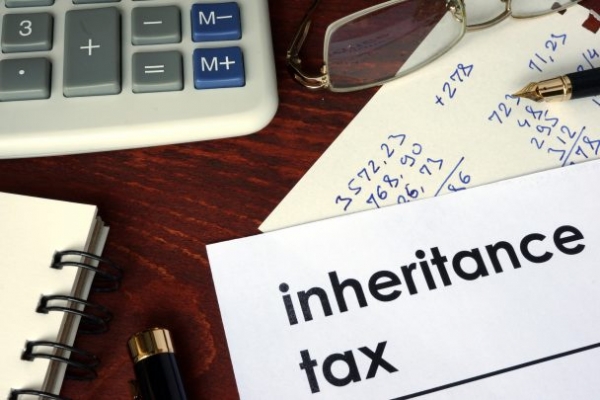 The passing of a loved one is never easy, and the legal and financial responsibilities that follow can often add to an already difficult time. One of the key aspects to consider when dealing with an estate in Pennsylvania is the inheritance tax. This article will provide a comprehensive understanding of Pennsylvania inheritance tax, including the rates, exemptions, and filing requirements, as well as some tips to minimize the tax burden.
The passing of a loved one is never easy, and the legal and financial responsibilities that follow can often add to an already difficult time. One of the key aspects to consider when dealing with an estate in Pennsylvania is the inheritance tax. This article will provide a comprehensive understanding of Pennsylvania inheritance tax, including the rates, exemptions, and filing requirements, as well as some tips to minimize the tax burden.
What is Pennsylvania Inheritance Tax?
Inheritance tax, sometimes referred to as the “death tax,” is a state tax levied on the transfer of assets from a deceased individual to their beneficiaries. It is important to note that inheritance tax is different from estate tax, which is a federal tax on the overall value of a deceased person’s estate. Pennsylvania is one of only six states in the United States that imposes an inheritance tax, with rates varying based on the relationship between the deceased and the beneficiary.
Inheritance Tax Rates in Pennsylvania
The inheritance tax rates in Pennsylvania are determined by the relationship between the decedent and the beneficiary. The rates are as follows:
- Spouses: The inheritance tax rate for transfers to a surviving spouse is 0%.
- Direct descendants and lineal heirs: This includes children, stepchildren, grandchildren, and parents. The inheritance tax rate for these beneficiaries is 4.5%.
- Siblings: Transfers to siblings are taxed at a rate of 12%.
- Other beneficiaries: This includes nieces, nephews, cousins, friends, and non-relatives. The inheritance tax rate for these beneficiaries is 15%.
It is important to note that charitable organizations, government entities, and certain exempt institutions are not subject to inheritance tax.
Exemptions and Deductions
There are several exemptions and deductions available that can help reduce or eliminate the inheritance tax liability for beneficiaries:
- Jointly owned property: If the property is owned jointly with the right of survivorship, it is not subject to inheritance tax.
- Life insurance proceeds: Life insurance proceeds payable to a named beneficiary are exempt from inheritance tax.
- Family-owned businesses: A family-owned business may be exempt from inheritance tax if certain criteria are met, such as the business being passed to a qualified family member and continuing to be operated for a certain period after the decedent’s death.
- Funeral and administrative expenses: Reasonable funeral expenses, as well as costs related to the administration of the estate, can be deducted from the taxable value of the inheritance.
Filing Requirements and Deadlines
The inheritance tax return (Form REV-1500) must be filed with the Pennsylvania Department of Revenue within nine months of the decedent’s death. If the return is filed and the tax is paid within three months of the death, a 5% discount is applied to the tax due. Failure to file the return and pay the tax on time may result in penalties and interest charges.
Tips to Minimize Pennsylvania Inheritance Tax
There are several strategies that individuals can employ to minimize the impact of Pennsylvania inheritance tax on their beneficiaries:
- Gifting: Making lifetime gifts to beneficiaries can reduce the taxable estate and may help avoid or reduce inheritance tax.
- Trust planning: Establishing trusts for the benefit of certain beneficiaries may help reduce the inheritance tax burden.
- Life insurance planning: Properly structured life insurance policies can provide tax-free proceeds to beneficiaries.
- Estate planning: Consulting with an experienced estate planning attorney can help identify strategies and opportunities to minimize inheritance tax liability.
Bottom Line
Navigating the complexities of Pennsylvania inheritance tax can be challenging, but with a clear understanding of the rates, exemptions, and filing requirements, beneficiaries can be better prepared to handle the process. Proper planning and consultation with an experienced estate planning attorney can also help minimize the tax burden and ensure that the decedent’s wishes are fulfilled.






